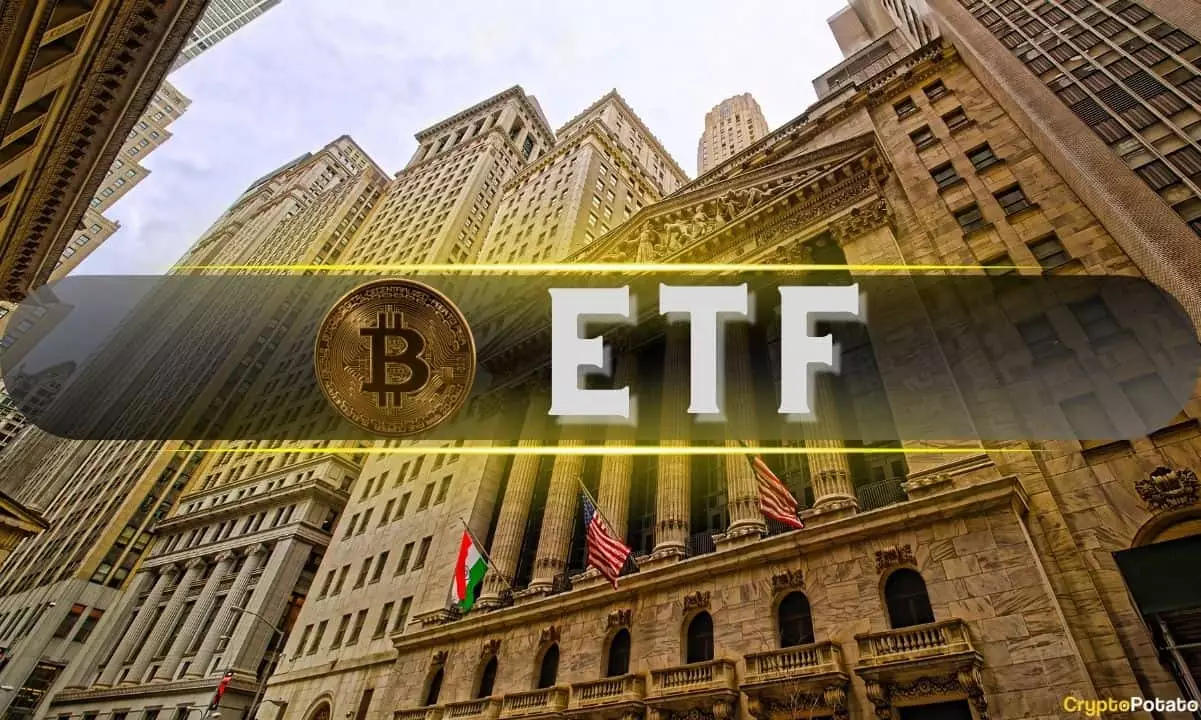In recent days, the cryptocurrency market has witnessed a notable downturn, with Bitcoin experiencing a correction that saw its value plummet by approximately $13,000. The turbulence appears to be a direct response to comments made by Federal Reserve Chairman Jerome Powell during the latest Federal Open Market Committee (FOMC) meeting. His statements have spooked many investors, particularly in the United States, leading to significant capital withdrawal from Bitcoin exchange-traded funds (ETFs).
Powell’s remarks emphasized a cautious approach to monetary policy changes, particularly regarding interest rate cuts. Despite a recent 25 basis point reduction, he cautioned that future cuts may be limited, primarily due to persistent inflation concerns. This uncertainty has had an immediate effect on market dynamics, ultimately leading to a massive sell-off. On a single day, over $670 million was withdrawn from Bitcoin ETFs, signaling a shift in investor sentiment as they reevaluated their positions in the face of rising economic instability.
Bitcoin’s Price Fluctuations
The immediate aftermath of Powell’s statements was stark. Bitcoin’s price dropped from over $105,000, hitting a low of under $96,000 after touching $98,000 on Wednesday evening. Such volatility left numerous investors with liquidated positions worth over a billion dollars. Data from sources like FarSide indicates that fear among US investors drove them to retreat from riskier assets, highlighting the fragility of market confidence in the face of macroeconomic challenges.
The exodus from Bitcoin ETFs has been unprecedented, with December 19 marking the worst day for daily outflows in the history of these financial products. Fidelity’s FBTC and Grayscale’s BTC were among the leaders in withdrawals, collecting $208.5 million and $188.6 million, respectively. Interestingly, even BlackRock’s IBIT, which previously enjoyed record inflows, could not entice new investments but managed to avoid significant outflows. This scenario paints a clear picture of investor apprehension overshadowing previous bullish trends in the ETF market.
The Ripple Effect on Ethereum
While Bitcoin dominated headlines, Ethereum was not immune to this market shift. Although Ethereum ETFs had seen continued inflows, the trend reversed sharply as investors withdrew $60.5 million. Despite being a smaller sum compared to Bitcoin, this outflow coincided with a price drop for Ethereum, which fell over 9% to approximately $3,350 after facing rejection at the $4,000 mark. The knock-on effect illustrates the interconnectedness of these two major cryptocurrencies in a challenging economic environment.
The fluctuations in Bitcoin and Ethereum prices serve as a reminder of the volatility inherent in cryptocurrency markets, particularly in reaction to broader economic policies. As investors grapple with uncertainty surrounding interest rates and inflation, their behavior will likely continue to influence price movements in the near term. Understanding these dynamics is crucial for anyone looking to navigate the unpredictable terrain of cryptocurrency investments as they adjust to evolving market sentiments.















